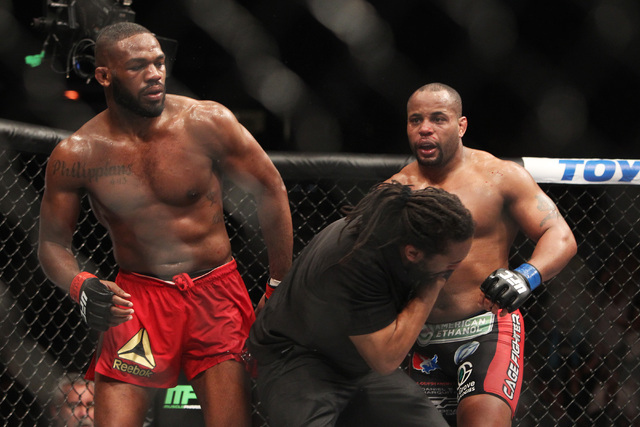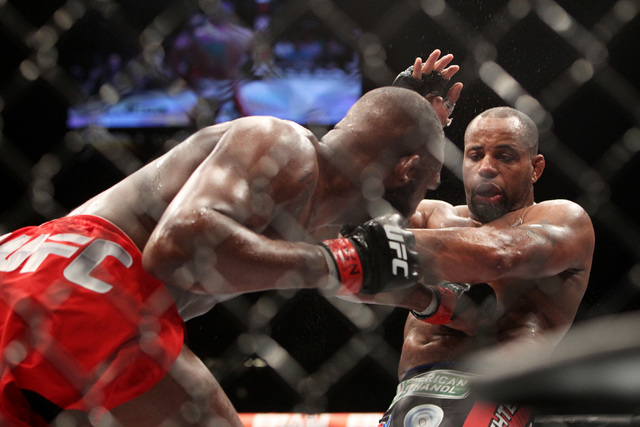NAC takes no action on out-of-competition drug use
Licensed boxers and mixed martial artists can continue using cocaine and several other recreational drugs without repercussion from the the Nevada Athletic Commission, provided their systems are clean on the day of the fight.
At least for now.
After about 15 minutes of discussion at a Monday afternoon meeting, commissioners took no official action in terms of modifying or clarifying its rules governing the classification of banned substances in and out of competition.
At least three of the five members of the NAC appeared ready to discuss the possibility of altering the rules currently in place. Commissioner Pat Lundvall, however, raised several legal questions particularly relating to jurisdiction.
Eventually, the commission decided to form a committee to discuss what steps could or should be taken next.
“It set a direction for where the commission wants to go. The issue is going to be addressed. As we’ve expanded our testing over the last year-and-a-half, some issues have come up. I think we need as we mature in this process, there are questions we need to answer,” NAC chairman Francisco Aguilar said after the meeting. “Over the next month, I think we as individual commissioners will look at what questions or topics we want to address, figure out the composition of that committee and move forward.”
Though his name was not mentioned specifically during the proceedings, the debate was brought about after news broke last week that UFC light heavyweight champion Jon Jones tested positive for cocaine in a random test conducted approximately one month before successfully defending his belt with a unanimous decision victory over Daniel Cormier in the main event of UFC 182 at MGM Grand.
Because cocaine is classified as being banned only “in competition” under the rules the NAC adopted from the World Anti-Doping Agency, the commission had no power to discipline Jones.
The commission could decide to move cocaine and similar drugs to the list of those banned both in and out of competition. More likely, the NAC could change the definition of when a fighter is deemed to be “in competition.”
Currently, that time frame begins 12 hours before an event. The NAC could decide to classify “in competition” as beginning somewhere between four and eight weeks before a fight to represent a typical training camp.
Lundvall, who said she was playing devil’s advocate and was concerned a hasty move to change the rules could be subject to future scrutiny in the courtroom, cautioned her fellow commissioners.
“Our statute identifies our jurisdiction as being over all contests or exhibitions of unarmed combat. It’s not over sports. It’s not over athletes. It’s not over licensees. It’s over contests and exhibitions only,” Lundvall said. “WADA forbids certain substances an athlete may take out-of-competition that are presumed to give them an unfair advantage in an exhibition or contest. That would be your anabolic steroids and those types of things. There are other substances that medical personnel will tell you that an athlete that uses it out-of-competition as defined by WADA does not bring an unfair advantage to the competition over which we have jurisdiction.”
Joel Diaz, who trains former world welterweight champion Timothy Bradley as well as the Magdaleno brothers, Diego and Jessie, said the NAC should get tougher on drug cheats.
“If you’re an active athlete, you should always be clean,” Diaz said. “I think recreational drugs should be included along with steroids. Drugs can benefit you in many ways. Cocaine can give you a boost.
“It should be a clean sport and the commission should make the laws tougher.”
Perhaps they will. It just didn’t happen on Monday.
Review-Journal reporter Steve Carp contributed to this report. Contact reporter Adam Hill at ahill@reviewjournal.com or 702-224-5509. Follow him on Twitter: @adamhilllvrj.




















